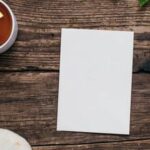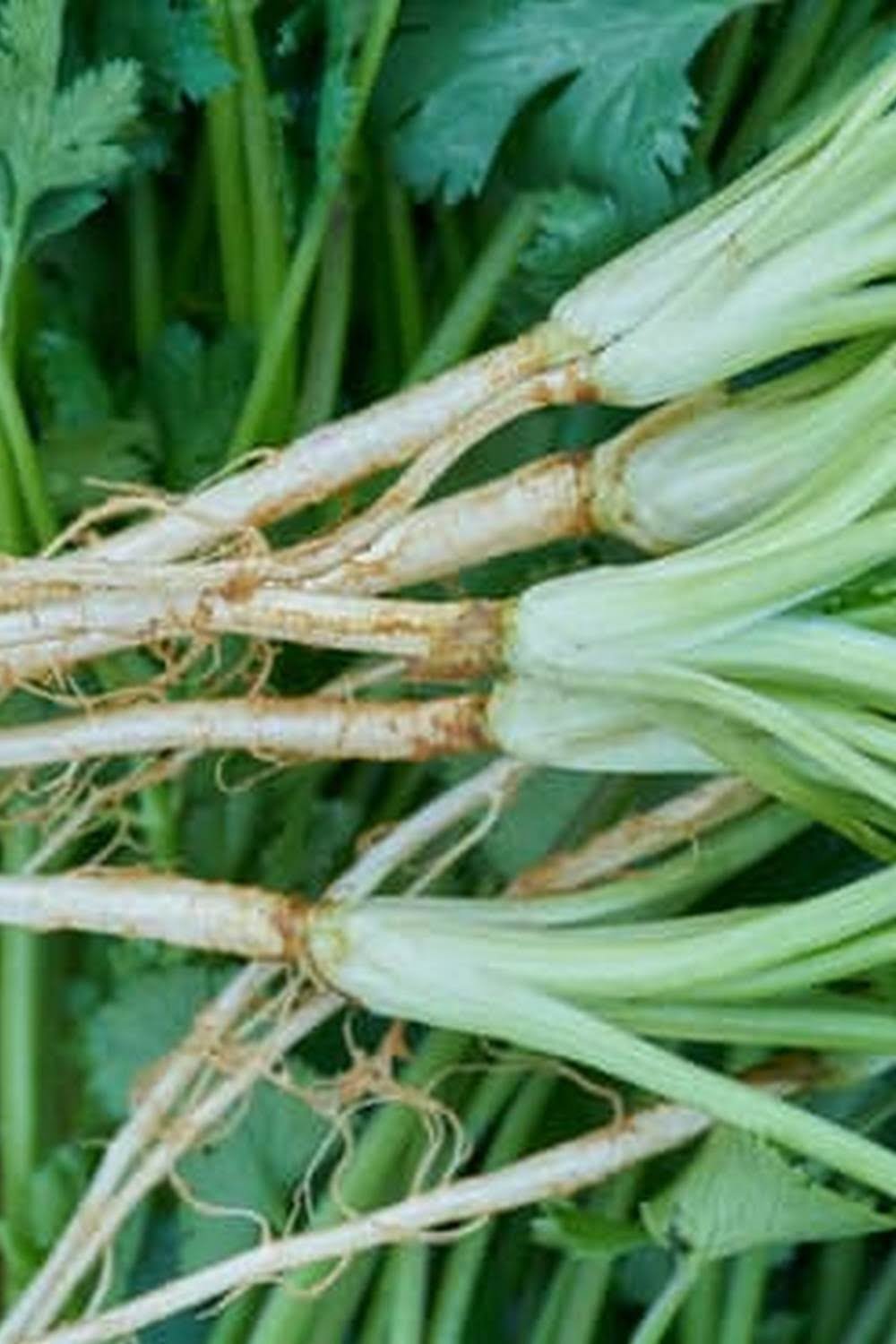What Vegetables Grow Best In A Garden Box
There are a variety of vegetables that can be grown in a garden box. The most important factor to consider when choosing what vegetables to grow is the climate. For example, vegetables that grow well in warm climates, such as tomatoes and peppers, will not grow as well in cold climates.
Some vegetables that grow well in garden boxes include tomatoes, peppers, cucumbers, zucchini, eggplant, beans, peas, and lettuce. These vegetables can be grown in most climates and can be planted at different times of the year to ensure a continuous harvest.
When planting vegetables in a garden box, it is important to use a soil mix that is specifically designed for vegetables. This mix will help to ensure that the vegetables receive the right amount of nutrients and moisture.
It is also important to be aware of the pests and diseases that can affect vegetables. Some common pests and diseases that can affect vegetables grown in garden boxes include aphids, whiteflies, spider mites, cucumber beetles, and bacterial wilt. By being aware of these pests and diseases, gardeners can take steps to prevent them from affecting their vegetables.
What Is The Best Way To Fertilize A Vegetable Garden
There are many ways to fertilize a vegetable garden, but the best way will vary depending on the type of garden, the climate, and the type of fertilizer. In general, however, the best way to fertilize a vegetable garden is to use a balanced fertilizer that contains nitrogen, phosphorus, and potassium (NPK).
Nitrogen is essential for healthy plant growth, phosphorus helps plants to produce flowers and fruits, and potassium helps plants to resist disease and pests. A balanced NPK fertilizer will provide all of these nutrients in the right proportions.
There are many different types of NPK fertilizers available, so it is important to choose one that is suited to the specific needs of your garden. For example, if your garden is in a hot, dry climate, you will need a fertilizer that contains more nitrogen and less phosphorus and potassium.
In general, gardeners should fertilize their gardens at least twice a year: once in the early spring, and once in the late summer or early fall. How much fertilizer you need to use will depend on the size of your garden and the type of fertilizer you are using.
Always follow the instructions on the fertilizer package, and be careful not to over-fertilize your garden. Excessive fertilizer can damage plants and can also pollute the environment.
Best Things To Grow In A Small Vegetable Garden
There are many vegetables that can be grown in a small vegetable garden. The key is to choose vegetables that do not require a lot of space. Some of the best vegetables to grow in a small garden are tomatoes, peppers, cucumbers, zucchini, squash, and eggplant.
Tomatoes are a great vegetable to grow in a small garden. They can be grown in pots or in the ground. They require a lot of sun, so make sure to plant them in a spot that gets a lot of sun.
Peppers are also a great vegetable to grow in a small garden. They can be grown in pots or in the ground. They require a lot of sun, so make sure to plant them in a spot that gets a lot of sun.
Cucumbers are a great vegetable to grow in a small garden. They can be grown in pots or in the ground. They require a lot of sun, so make sure to plant them in a spot that gets a lot of sun.
Zucchini is a great vegetable to grow in a small garden. They can be grown in pots or in the ground. They require a lot of sun, so make sure to plant them in a spot that gets a lot of sun.
Squash is a great vegetable to grow in a small garden. They can be grown in pots or in the ground. They require a lot of sun, so make sure to plant them in a spot that gets a lot of sun.
Eggplant is a great vegetable to grow in a small garden. They can be grown in pots or in the ground. They require a lot of sun, so make sure to plant them in a spot that gets a lot of sun.
Best Time To Cultivate Soil For Vegetable Garden
The best time to cultivate soil for a vegetable garden is when the soil is most moist. This is typically after a rainfall or after watering the garden. By cultivating the soil when it is most moist, you will be able to break up any clumps and make the soil more uniform. This will help the seeds to germinate and the plants to grow more uniformly.
What Is The Best Soil For Vegetable Garden
The best soil for a vegetable garden is a soil that is well drained and has a high organic matter content. A soil that is well drained will not become waterlogged, which can cause the roots of vegetables to rot. A soil with a high organic matter content will provide nutrients to the plants and help to retain moisture.

If you’re looking to get into vegetable gardening, or are just looking for some tips on how to make your current garden better, then you’ve come to the right place! My name is Ethel and I have been gardening for years. In this blog, I’m going to share with you some of my best tips on how to create a successful vegetable garden.





